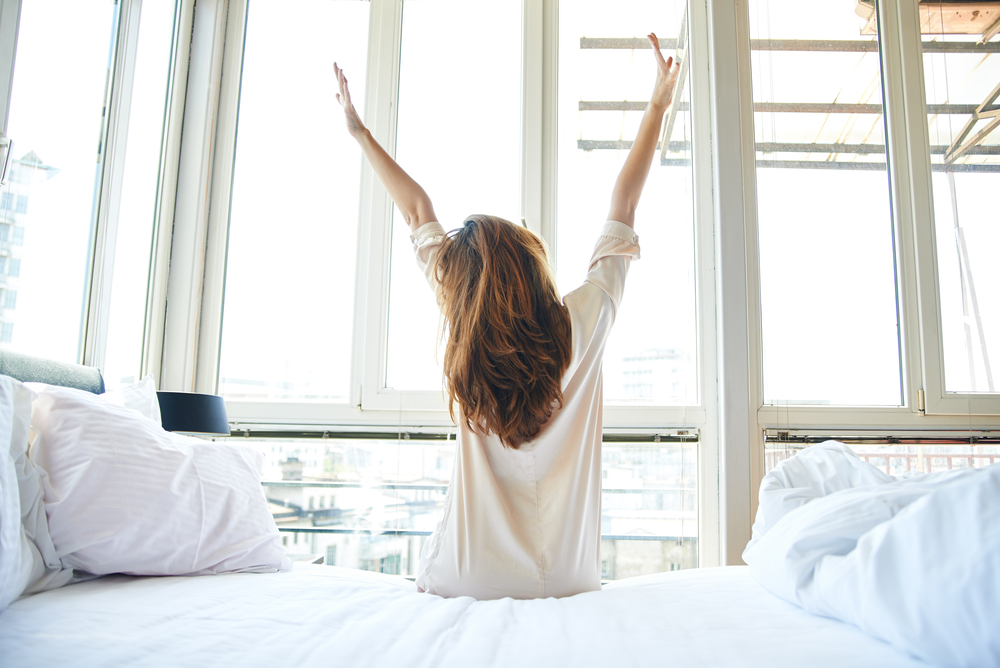9 Simple Things to Do to Make Yourself Happier

Exercise
As you already know, exercise can be really good for your overall health, but lately, it has been shown that physical activity can cheer up your mood as well. To be more specific, physical activity can be good for both your body and mind, helping you fight off depression, anxiety and stress.
Many people see this activity as something that pushes you to make huge efforts to increase your muscle mass, but this is a common mistake. You don’t need to do a lot of exercise to feel happier, because you can improve your mood just by going for a walk every day.
According to health experts, people who exercise regularly are more likely to be happier and self-confident than those who don’t. The explanation is that when you work out, your body produces endorphins – a hormone that can kill pain and make you feel euphoric.
Studies have shown that physical activity can treat depression and other mental illnesses. Some doctors use exercise as a healing therapy in the treatment of schizophrenia, depression and anxiety. In addition, exercise can reduce the risk of developing certain chronic diseases, reducing inflammation and improving your mood at the same time. Many people who suffered from post-traumatic stress disorder (PTSD) and trauma say that exercise improved their mental health.
Moreover, there are people who believe that working out when you are stressed or tired will make your condition worse, but this is another mistake. Researchers say that exercise can actually be an effective energizer and reduce fatigue.

Change your sleeping routine
In general, people don’t get more than five or six hours of sleep a night these days, because some of them are stressed and these symptoms can lead to insomnia, while others have a chaotic lifestyle. However, medical experts recommend that you sleep about eight hours a night to be healthy. So, if you want to improve your physical and mental health, you should get enough sleep.
As you probably know from your experience, sleep can actually affect your mood. For instance, if you don’t get enough sleep you tend to be irritable, angry, anxious and inattentive. This hypothesis has been scientifically tested and is actually a fact that people who don’t sleep well at night tend to be angrier and less productive at work or school and also have difficulties in developing interpersonal relationships.
Sleep deprivation (or partial sleep deprivation) has a significant effect on mood, so if you want to be happier (and healthier, of course) you should change your sleeping routine.
Unfortunately, there is a vicious circle between sleep and mental health, because, as we said before, sleep affects your mood, but your mood can affect your sleep quality as well. “There’s a big relationship between psychiatric and psychological problems and sleep. So people who are depressed or have anxiety often have trouble with sleep as part of those disorders,” says Dr. Lawrence Epstein, Medical Director of Sleep Health Centers and an instructor at Harvard Medical School. So, in this case, it’s important to change your whole lifestyle and focus more on exercising and taking care of yourself.
According to some recent studies that have looked at the effects of sleep on people’s lives, insomnia and poor quality sleep are often linked to depression. So, you should talk to your doctors in this case.
